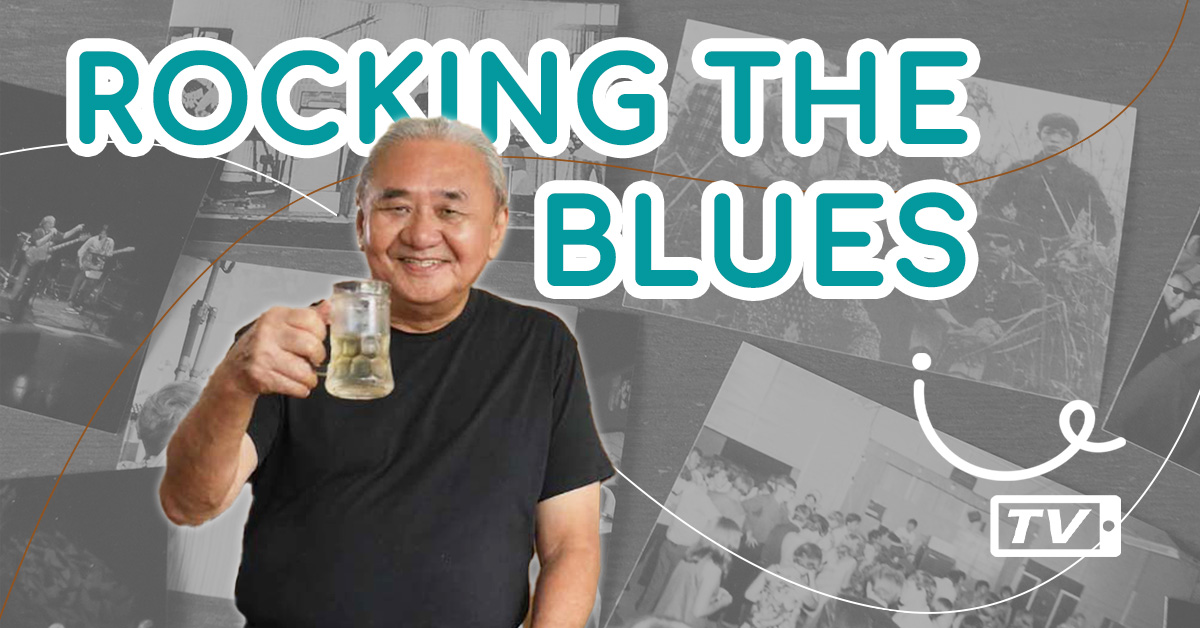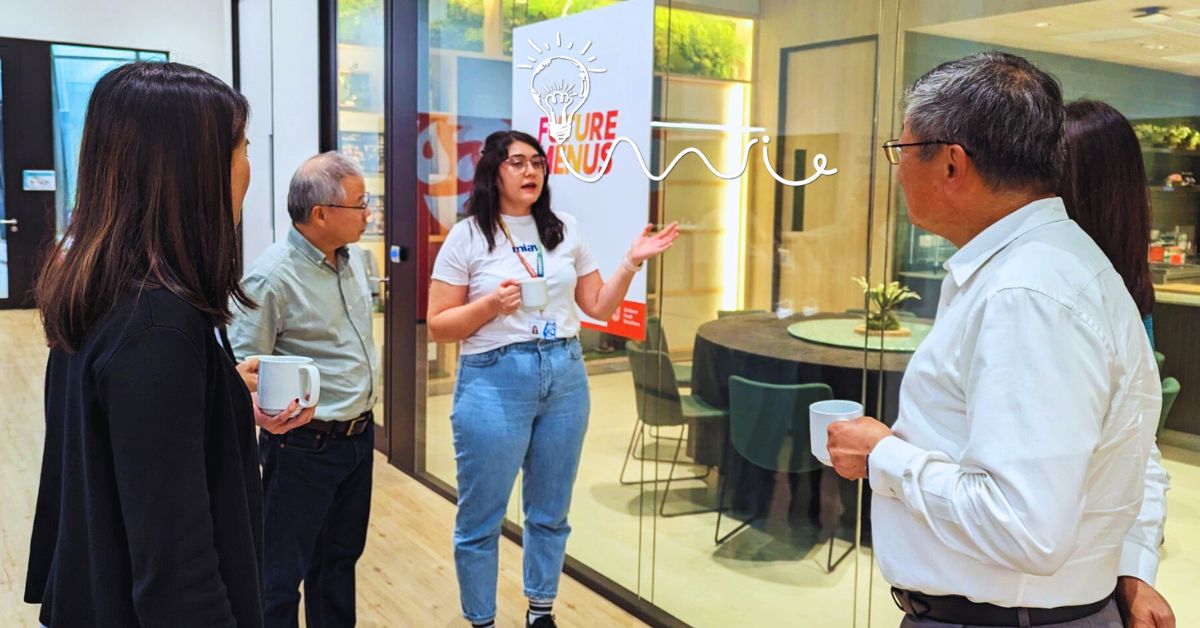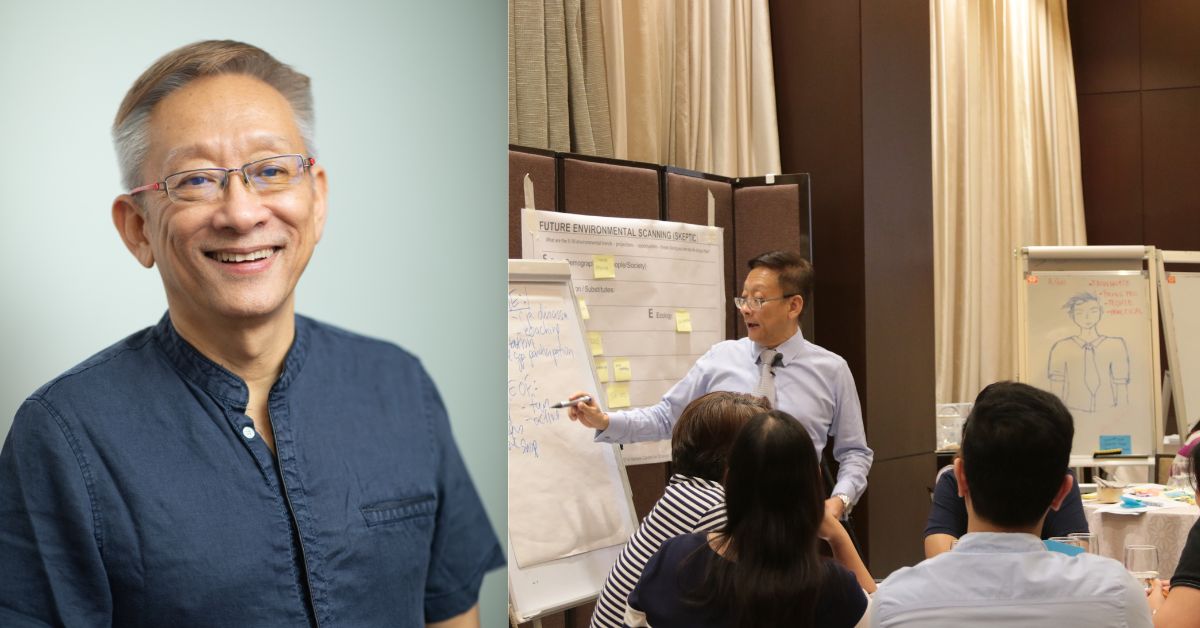
You get a job, plug away for decades, and steadily rise up the ranks to senior management. Then, instead of retiring (or being made to retire), a swift mid-career switch into consulting, where you’ll put your acquired skills to use for years to come.
Sounds great, doesn’t it? Consulting veteran Stephen Lin agrees, though he’s quick to add that the path isn’t necessarily for every young silver looking for a change of environment.
To be successful at consulting, you’d need the skill to look at a massive company and accurately identify what are its major problems, and how you can fix it in a practical way.
The Asian Regional Managing Partner of the Haines Centre for Strategic Management says,
Though experience plays a part in this, at the end of the day, very few people naturally have this skill,
he says.
"And I’m not saying that to talk up what we do in consulting, but that’s just the truth."
Advertisement
Mid-career switch from engineer to consultant
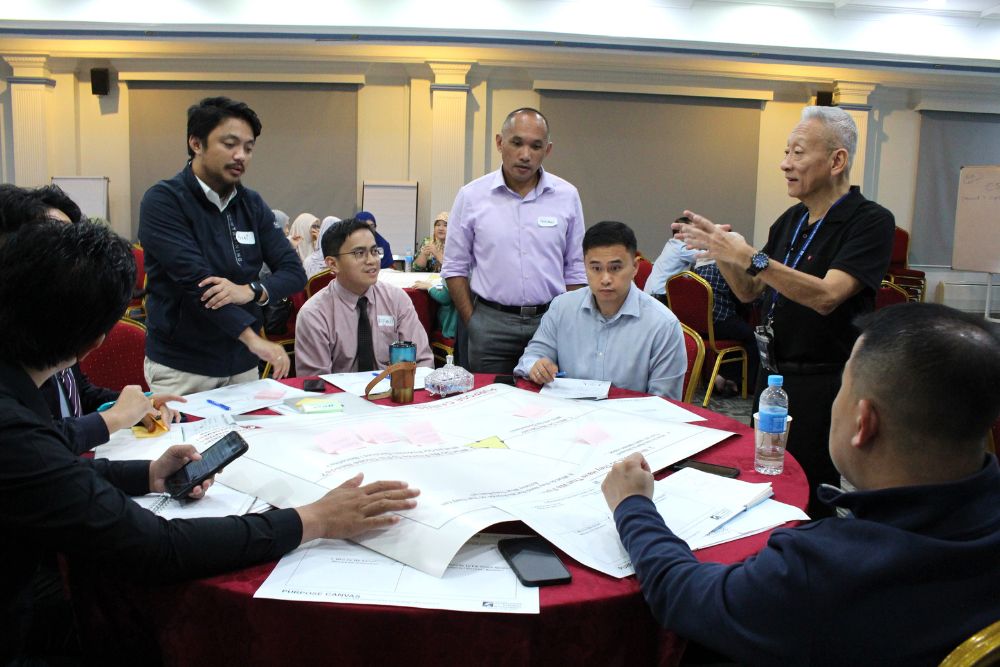
Before entering the world of consulting, Stephen cut his teeth as a marine engineer in a large corporation. He did his time for a good decade before realising that it’d be difficult for his career to progress any further.
I understood early on that by staying in engineering, I would never rise to the top. Engineers always report to managers, and if I didn't change then, I'd be stuck,
says the silver, who experimented with running his own parallel import business and real estate before finding his calling in consulting.
My area is strategic management, which, to put it simply, means doing whatever you need to do to survive into the future,
Stephen explains.
I was lucky enough to be involved with strategic implementation, even if I didn’t get to decide on the strategy. That armed me with a lot of practical knowledge on how to put processes in place.
Now, this focus didn't come from something he was schooled in – he is an engineer by training – but something that he was exposed to during his time back in his old day job:
Of course, he also felt that having a natural affinity for the work played a part in his success.
"The market is big and easy to get into, so you’ll find a lot of people out there doing corporate retreats who are doing things by the textbook. But having the skills to guide a company and do the work in a way that is practical – it is a mix of processes that we’ve refined and experienced, which can’t be replicated."
Find your niche in mid-career switch
Nevertheless, Stephen avers that people looking for a mid-career shift who don’t find themselves drawn to consulting can still contribute as a consultant within their niche.
If you've had a long history of opening factories in foreign countries, there are companies which will need that niche set of skills, contacts and know-how rather than starting completely from scratch. Find your unique skill and use it.
He gives this example:
Seniors who have a wealth of experience, he says, but aren’t sure how to go about sharing it could instead look into coaching or mentoring instead.
While the coaching and mentor both lean towards encouraging a person’s self-development, consulting requires doling out of expertise, which makes you responsible for the outcome, he adds.
Again, it's a big market with low barrier to entry – which attracts a lot of young people. Why not seniors instead, who’ve been through and done it all? They’ll have a lot more experience backing up their input, whether it be coaching in soft skills like business acumen,
says Stephen.
Retirement isn’t for everyone
At 64 years of age – Singapore’s retirement age-to-be within a couple of years – Stephen says he won’t be slowing down anytime soon.
There are a few perspectives to consider when it comes to the retirement age,
he says.
First, there’s the nation’s need to keep the economy chugging along and reducing the burden of the non-working population on the group of people still employed.
The idea is not to force people to keep working, but to allow them to work longer and keep their experience and abilities in the economy,
he says.
Then, there’s the employers’ perspective, who want a similar thing for their companies while making room for younger workers to promote and take over senior positions.
Career progression – that's how companies keep people long term,
says Stephen.
Finally, there’s the individual, whose desire to keep working has to be met with an equal ability to keep up with developments in styles of working and technology.
There are two groups of people – those that can’t adapt, and retirement age allows them to fade off naturally, and those who can, and they’ll find themselves contributing regardless of the retirement age,
says the consultant.
As a father of two, Stephen says that working longer hours during your silver years is more desirable than burning the midnight oil while being parents to young children.
When you’re younger, your children are growing up. They want to spend time with you and play with you. I was fortunate enough to work from home and have a flexible schedule that allowed me to spend time with them then,
he says.
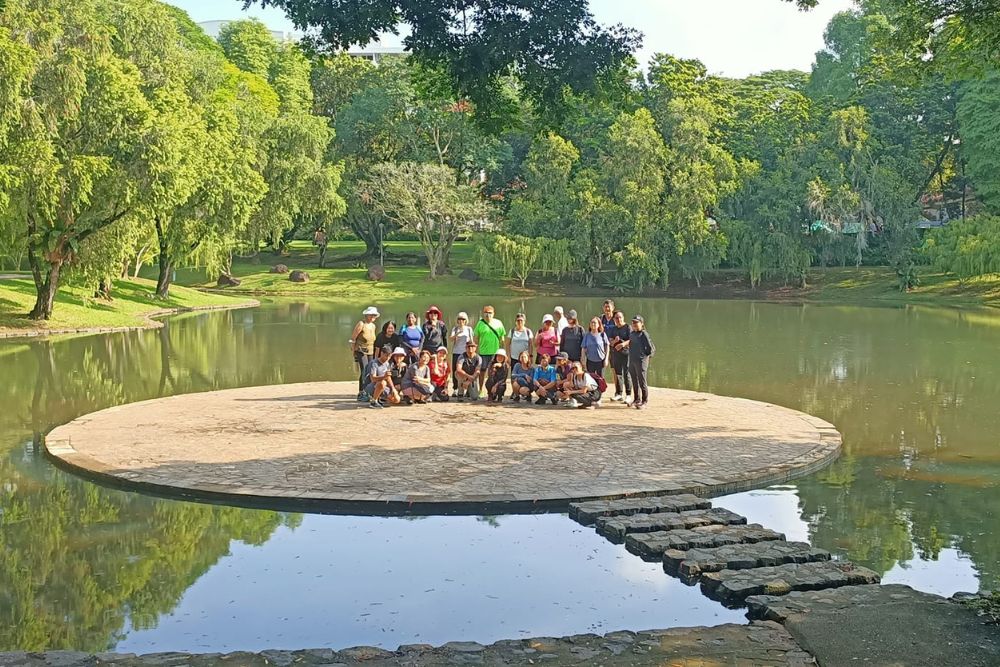
Credit: Stephen Lin
Now that period is over. I want to make sure that I’m stimulated physically, mentally and socially. Physically, by getting my 10,000 steps in every day when I go for meetings. Mentally, so that hopefully I can keep dementia away for as long as possible. And socially, well, I’m meeting people every day,
says the senior.
"Personally, I'll keep working as long as I can stand and deliver."



